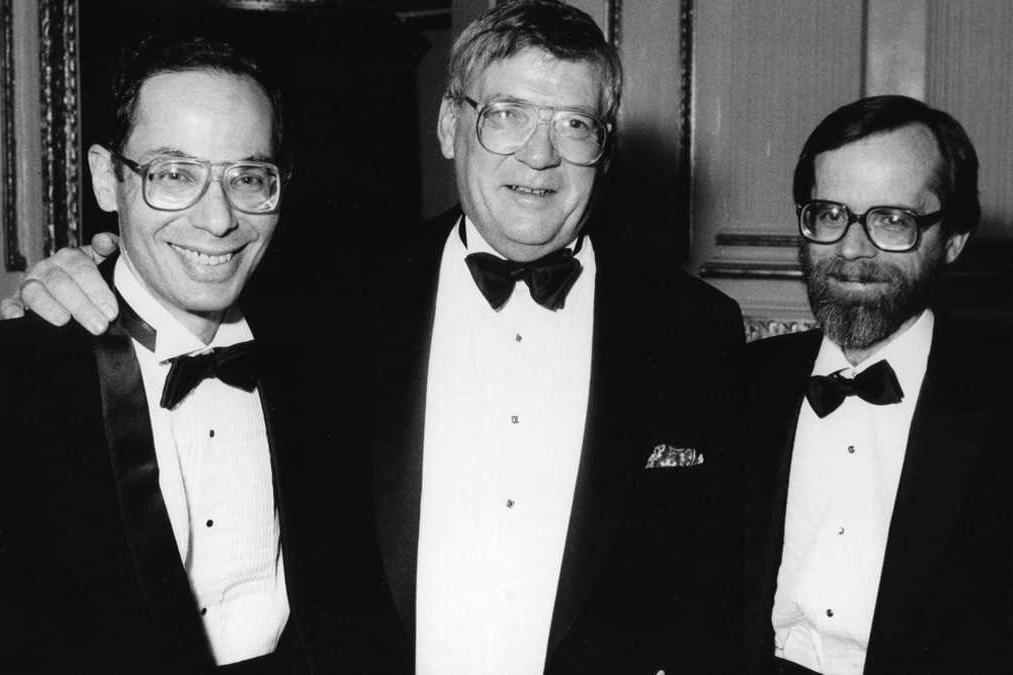NOTE: This story was originally published July 1, 2016. Dr. Needleman died on July 18, 2017, in Pittsburgh. He was 89-years-old.
It’s 1957. Dr. Herbert Needleman is on his way to see a 3-year-old patient at the Children’s Hospital of Philadelphia.
Needleman is a young doctor, about six feet tall, with brown eyes and dark hair. This is the first case of lead poisoning he’s ever seen.
When he shows up, the girl is not in good shape. Her eyelids are drooping. Her pulse is slow. She’s not making a sound.
“This girl was lethargic and almost comatose,” says Lydia Denworth, who wrote a book about Needleman and lead poisoning called Toxic Truth. (Needleman has Alzheimer’s disease and was unable to be interviewed for this story.)
LISTEN: “How a Philadelphia Doctor Changed the Way We Think About Lead Poisoning”
Needleman prescribes the girl a medicine that gets rid of the lead in her blood. Over the next couple days, she starts to feel better, and Needleman thinks he has fixed her problem.
He talks to the girl’s mother, saying, basically, ‘Your daughter is okay, but she was probably poisoned by lead paint or dust at home, and you can’t go back there.’
“And the mother just looked at him and said, ‘Well, where am I supposed to go?'” Denworth says. “She didn’t have any money. She was a single mother. And suddenly, Needleman says it’s like the scales fell from his eyes.”
As a doctor, Needleman couldn’t go home with this family and remove the lead from their apartment. This girl was probably going to end up back in the emergency room again.
For Needleman, this patient marked the beginning of a lifelong crusade. He would later go on to make a huge discovery that changed the way we think about the dangers of lead. And surprisingly enough, in 2016, a lot of doctors are in the same position he was that day: There’s not much they can actually do for patients who come in with lead in their blood.
Continue reading this story at Keystone Crossroads »
###
 This story comes from our partners at Keystone Crossroads, a reporting project exploring the urgent challenges pressing upon Pennsylvania's cities.
This story comes from our partners at Keystone Crossroads, a reporting project exploring the urgent challenges pressing upon Pennsylvania's cities.


